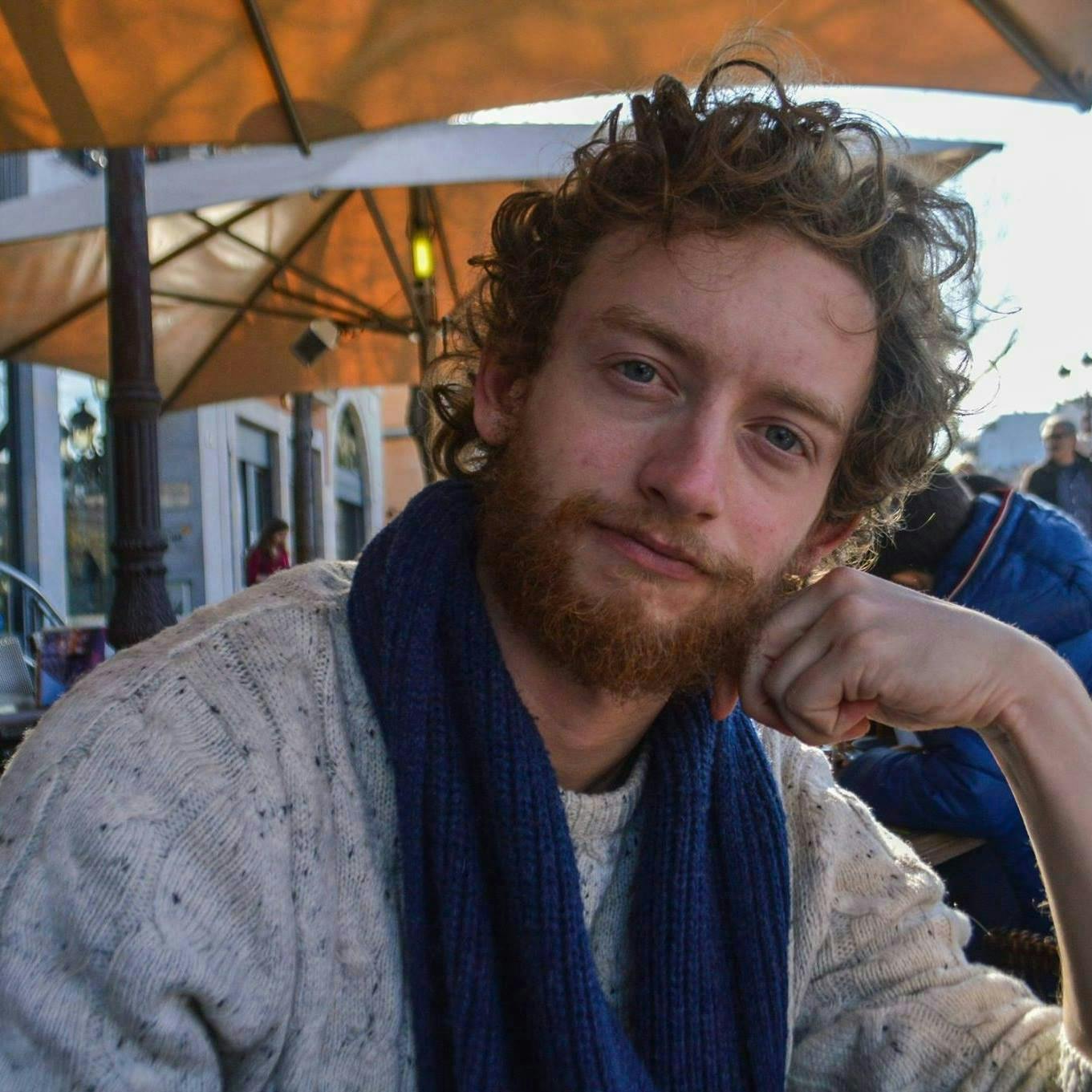East Africa Investments
Sector: Sector-agnostic
We are an impact investment company focused on bringing supportive capital to entrepreneurs in the East Africa region.
Joanna Nicholas was a successful management consultant in the UK, but something was missing from her life – she wanted to make a bigger impact. She says that she was “tired and unhealthy” when she applied for Voluntary Service Overseas in 2006. The organization matched her with a disability nonprofit in Rwanda, where she worked as a business consultant. In this role she witnessed both the challenges and the opportunities of the Rwandan business environment. In 2017, she joined East African Investments (EAI) as country director, where she has continued to support the growth of the local ecosystem. “I really enjoy helping young entrepreneurs,” she says.
Founded in 2012, EAI was started by a number of entrepreneurs who shared an MBA network and has grown to be one of the most important investment funds in the country. It typically invests $20,000–$100,000 in early-stage startups. EAI offers three levels of support to pre-seed and seed stage entrepreneurs. The first is Joanna, who as an entrepreneur in her own right works hands-on with founders, giving them support and advice in everything from assembling pitch decks to understanding tax obligations. The second is a board of experienced advisors who support the fund and also want to be actively involved with the startups by providing strategic advice and making connections. Finally, EAI partners with several European businesses interested in supporting social impact startups in Rwanda.
A number of successful startups have received support from EAI, including shoe business Uzuri K&Y Designs and Kasha, an ecommerce startup focused on women’s health. While the fund is focused on impact investing, Joanna emphasizes that EAI is not a charity. “We’re trying to do this like a professional investment fund,” she says. “What Rwanda doesn’t need is more charity. We’ve got to get our money back but we go about it in an extremely supportive way.”
Checklist:
Be able to explain how your business makes money.
By the end of your pitch, it should be clear what you are selling and who’s going to pay for it.
Have the potential to scale.
There’s a difference between something that will grow to be an owner-operated business, like a hair salon, versus something that is genuinely scalable, like a fintech company.
Make a return on investment.
There’s a real challenge in Rwanda because an entire generation has grown up only experiencing donor money. You’ve got to be able to give us the money back in three years and then some.
Don’t reinvent the wheel.
It’s ok to “copy with pride” and create a business model that has been successful in other countries, but creating a copy of something as sophisticated as YouTube for the Rwandan market is unlikely to succeed.
Contact:
Main Photo by Alex Niragira

